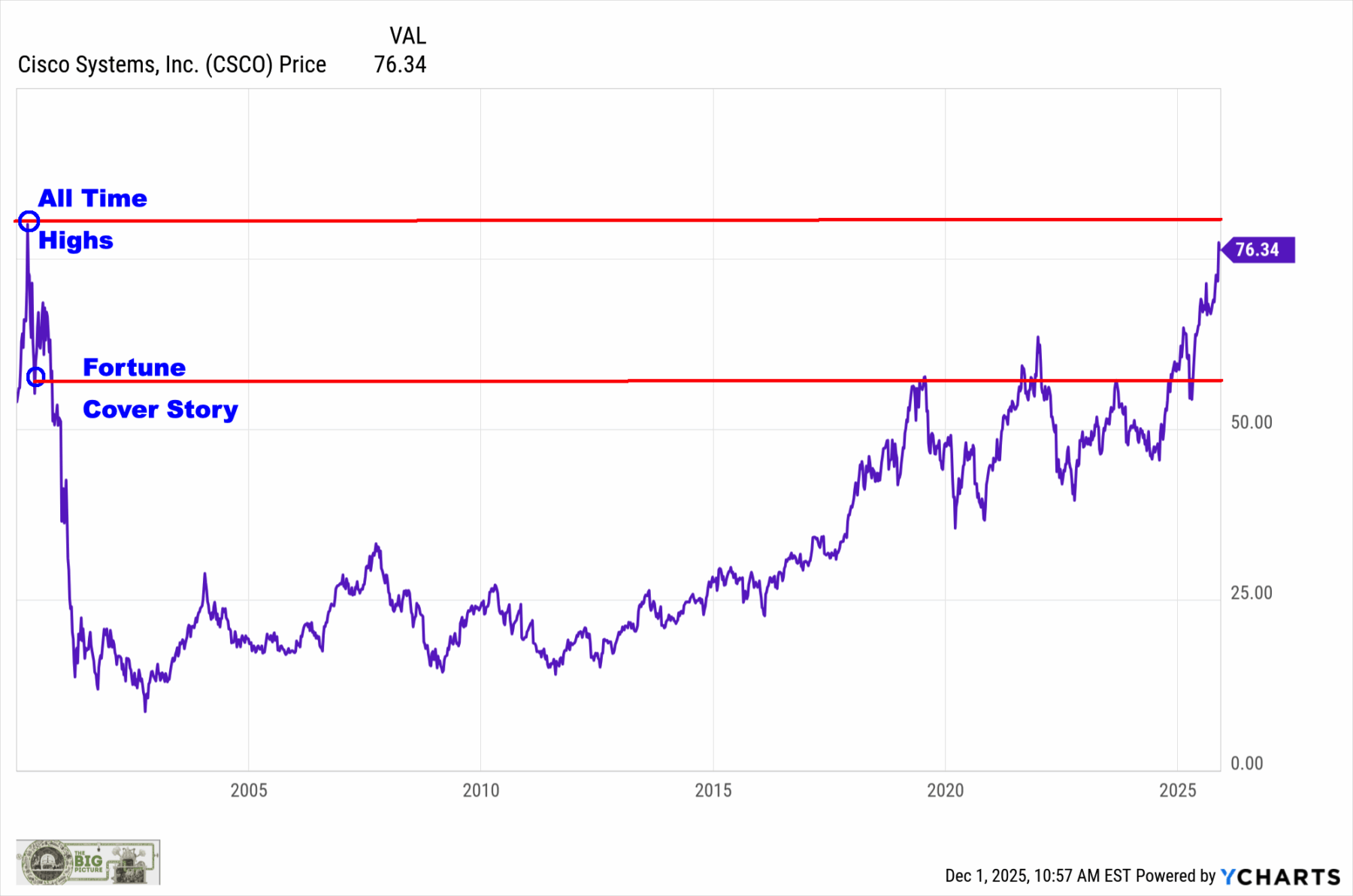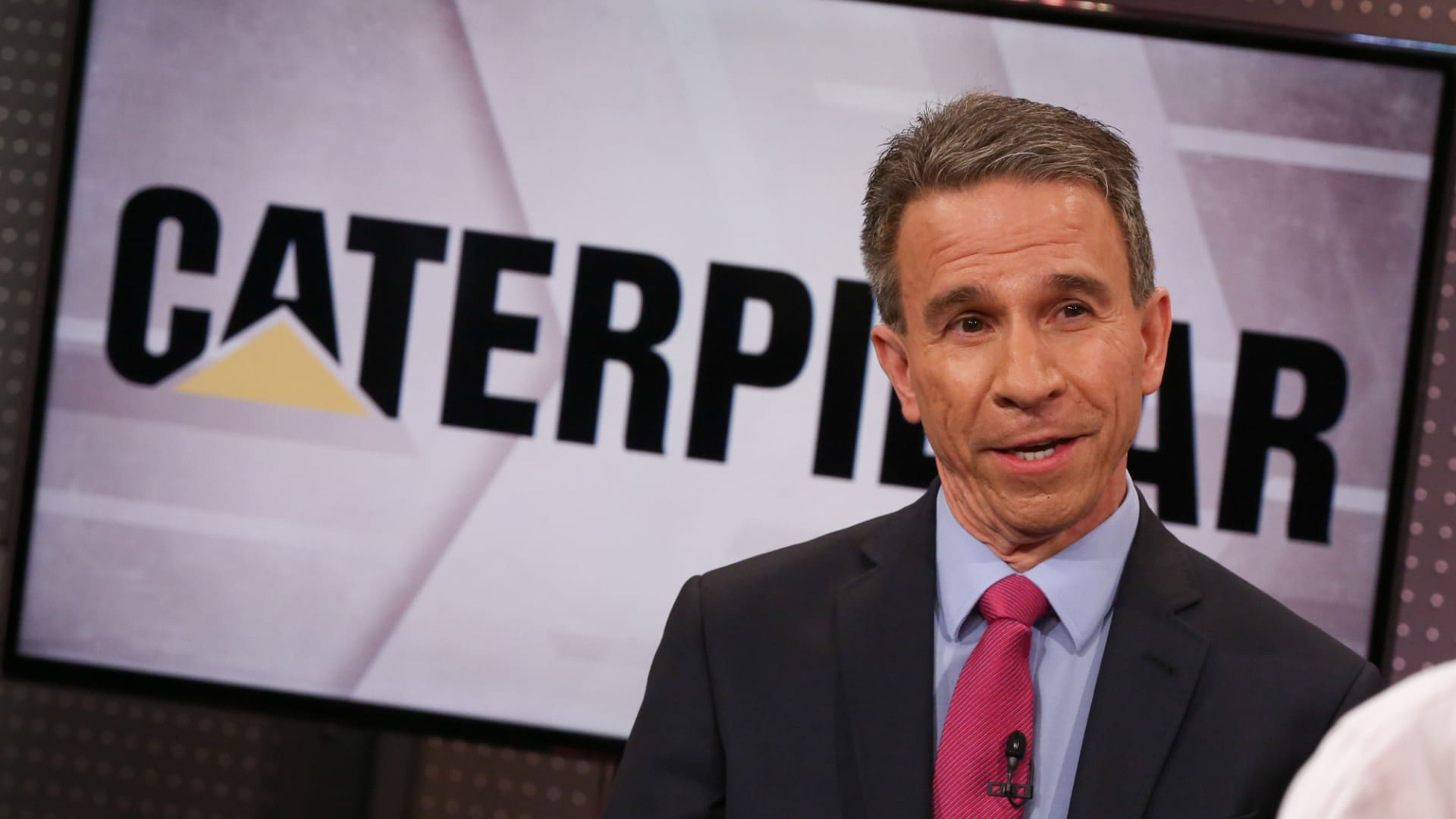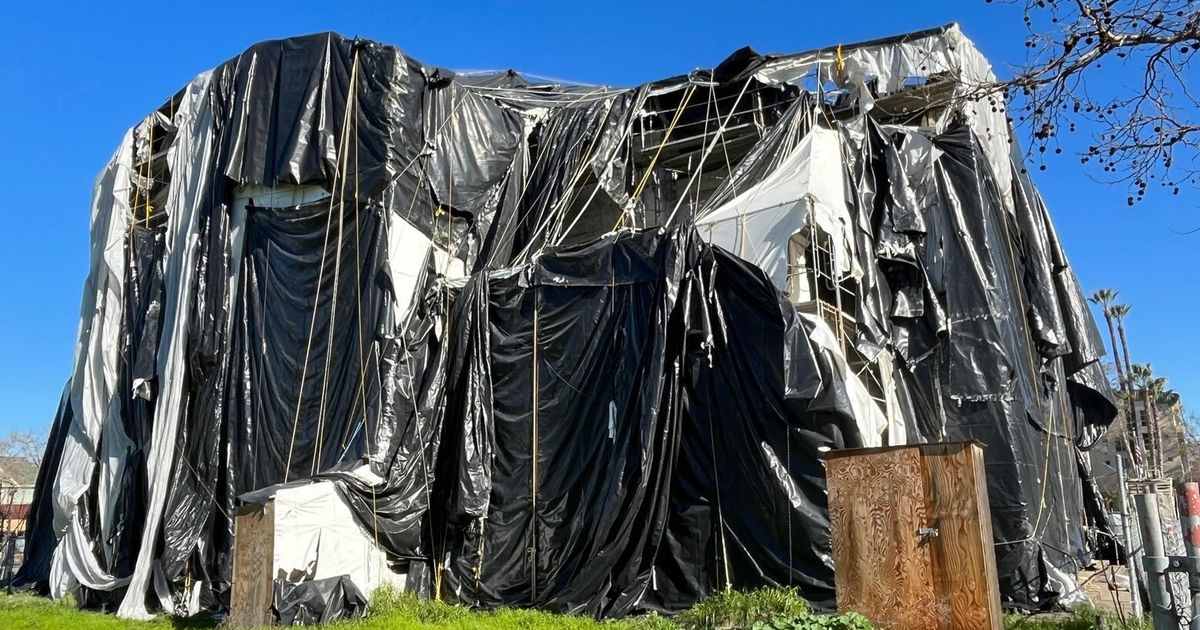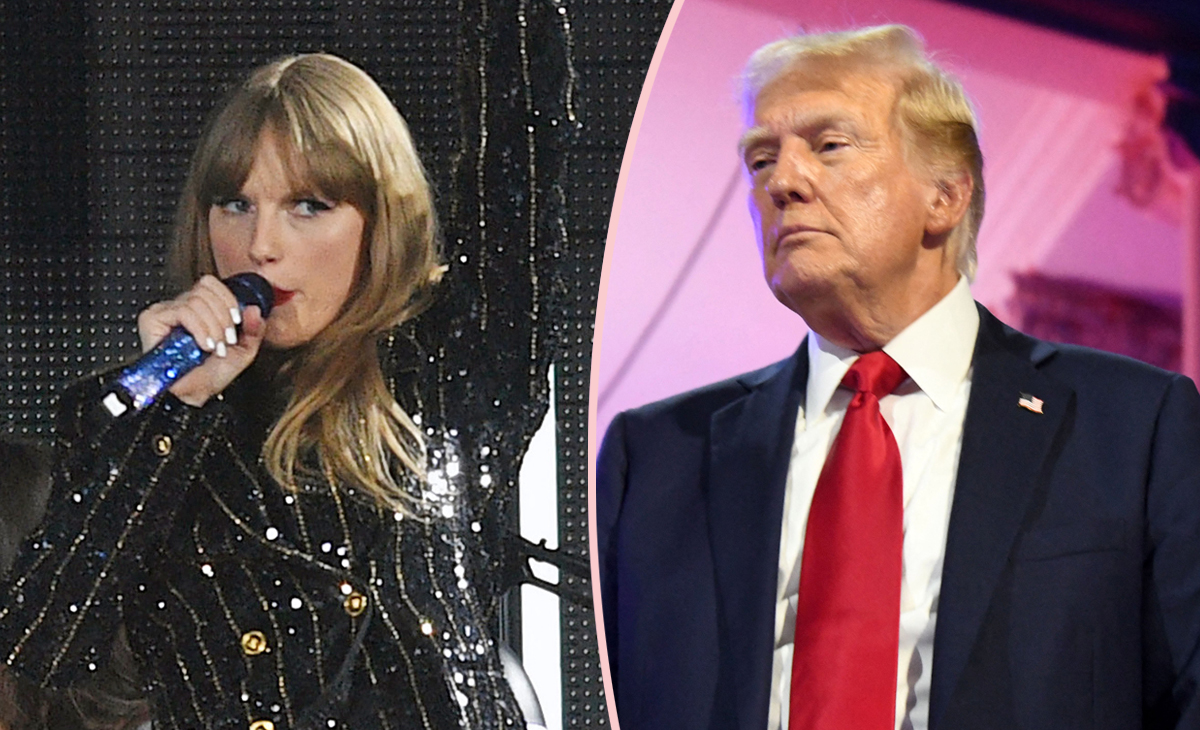Play the hand you’re dealt.
This morning I rewatched a fun ESPN “30 for 30” show about the tuck rule and the role it played in the New England Patriots’ (aka “The New England Economists” according to my University of Western Ontario mentor, economist John Palmer) 2002 playoff victory over the Oakland Raiders.
In the show Tom Brady and Charles Woodson sit on Brady’s couch and watch the key play with 1:40 left in the 4th quarter. Oakland is ahead 13-10 and if Brady’s loss of the ball due to Woodson’s tackle is a fumble, Oakland wins. But the refs look at a replay and decide that the tuck rule applies. The Patriots go on to win and make it all the way to Brady’s first Super Bowl win.
I could tell you all about the fun interaction between Brady and Woodson where at times they act like 14-year-old boys.
But I want to make a point about sunk costs.
Many of the Oakland defense players felt, understandably, cheated by a bad call. It wasn’t a bad call; it was good call to enforce a screwy rule. One player admits that because they felt cheated, they lost their intensity. A New England Patriot player who is interviewed, Tedy Bruschi, I believe, makes the point that Patriots coach Bill Belichick was always good at getting the players to accept the hand they were dealt, put it way, and play from there. Belichick, in short, recognized that sunk costs are sunk.
Extra credit: What subject did Belichick major in when he attended Wesleyan College?
















